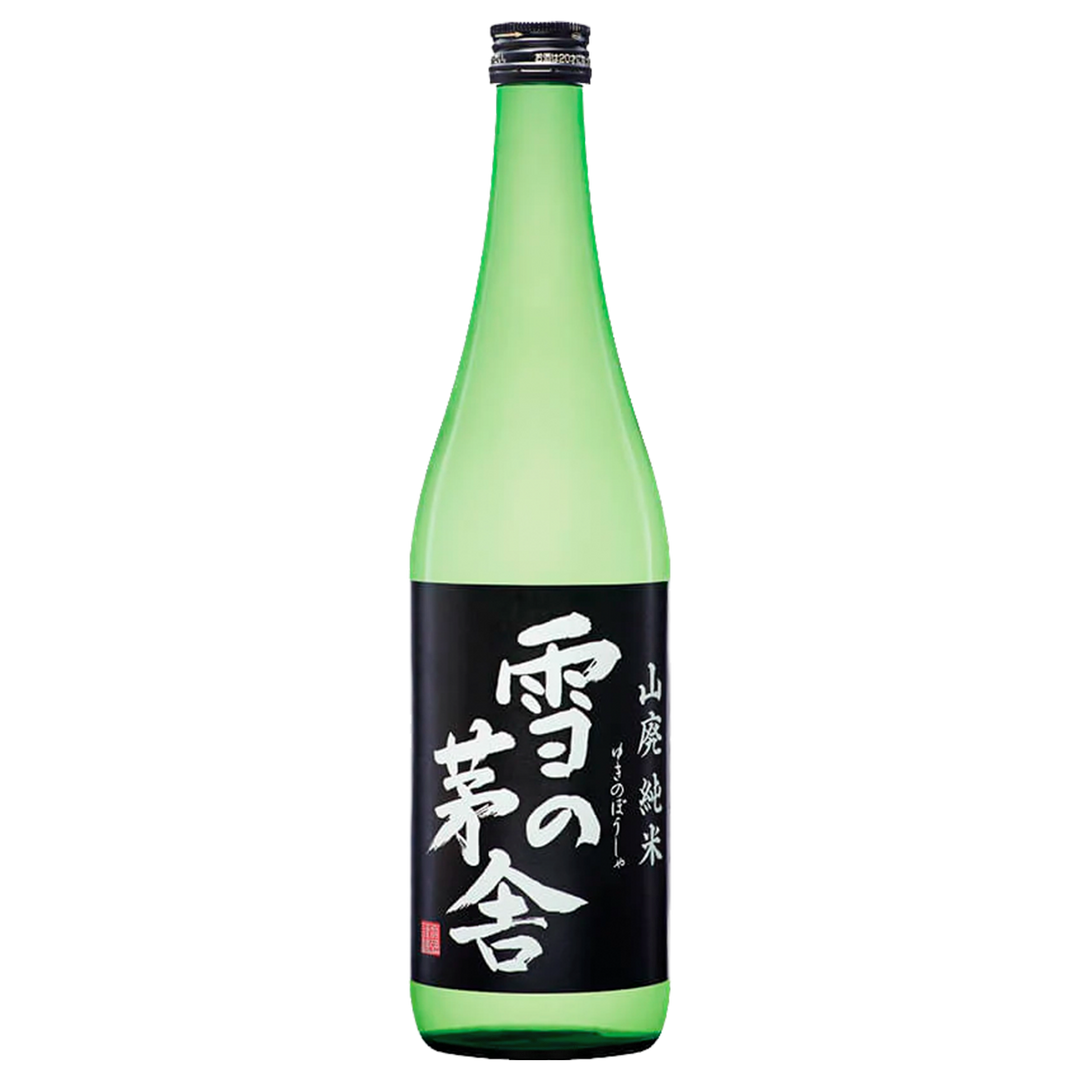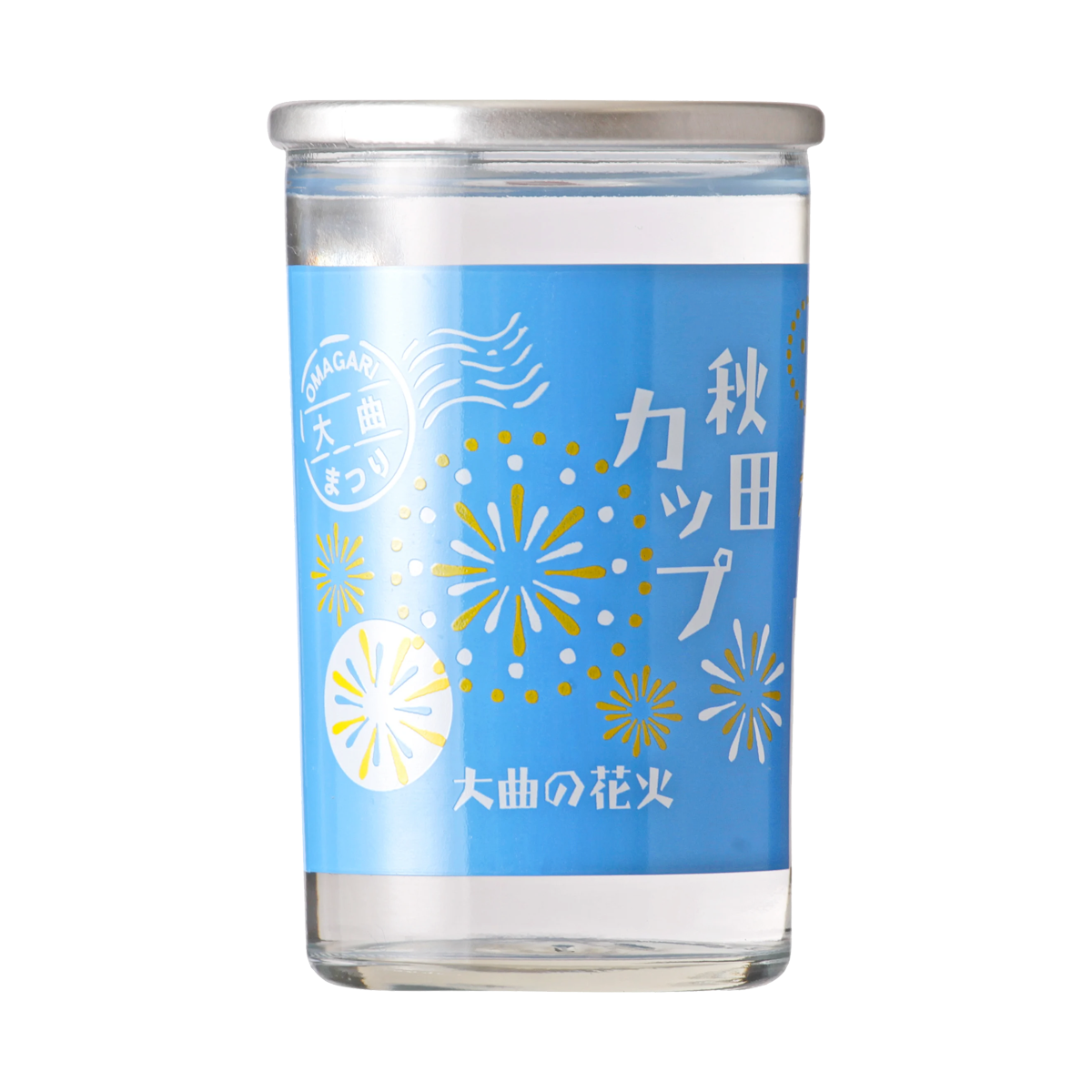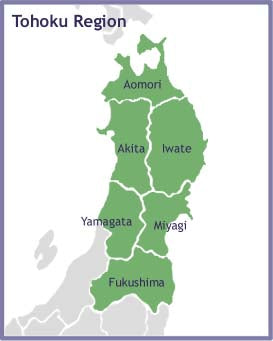
Yuki No Bosha Junmai Yamahai "Old Cabin"
- In stock, ready to ship
Saiya Brewing Co., 齋彌酒造店
Prefecture: Akita
Rice: Yamadanishiki (koji), Akita sake komachi (kakemai) (local)
Polishing: 65%
SMV: 1
Acidity: 1.9
ABV: 16%
Fermentation starter: yamahai
Saiya Shuzoten is remarkable for a number of reasons. First and most simple is that it is located in Akita prefecture near the coast, meaning a generally cold climate with a high level of winter snowfall and relatively cool temperatures year-round. Akita breweries are known for innovation, independent thinking, high quality, and a unique balance of richness and elegance in the final sake (Chogetsu/Tenko/Taiheizan, Akitabare, Aramasa, Takashimizu...) It could be speculated that this is a combination of local talent in the Sannai (Akita) Toji guild, proximity to the Nanbu Toji guild (Iwate prefecture, a neighbor), remote location with unique rice growing challenges, climate, and local cuisine, which is at once delicate from the abundance of seafood, but also rich from the historic need to preserve foods for the winter via salt, fat and pickling. Second, Saiya observes a brewing philosophy of minimal intervention while maintaining extraordinary technical acumen and execution. Saiya's minimal intervention is focused on handling the sake as gently as possible and using their own house microbes. The brewery is built on a hillside so that it can utilize gravity for gentle liquid transfer. The toji inoculates koji using a unique conveyor system so that it doesnt have to be manipulated as much. The brewing mash is never stirred, instead letting the communities of microbes coalesce, and generate heat, where and as they see fit within the tank. All sake is fermented using proprietary house yeast which were isolated from exceptional past batches. And all yeasts are foaming yeasts (messier/more old fashioned), because the master brewer believes that these produce healthier fermentations which can be monitored more precisely by observing the bubble size and shape. Finally, no chemical disinfectants or cleaners are used in the brewery. It's kept meticulously clean with loads of elbow grease and attentive practices. This is of course unthinkable in modern winemaking and beer brewing, but according to the toji the brewery's microbiome is its greatest asset and must be preserved.
Finally, Saiya is committed to using organic local rice and was the first brewery in Japan to obtain ASAC organic certification. Not all rice used in Yuki no Bosha is organic, but it's a long-term commitment for the brewery to source as much organic rice as possible from Akita prefecture.



